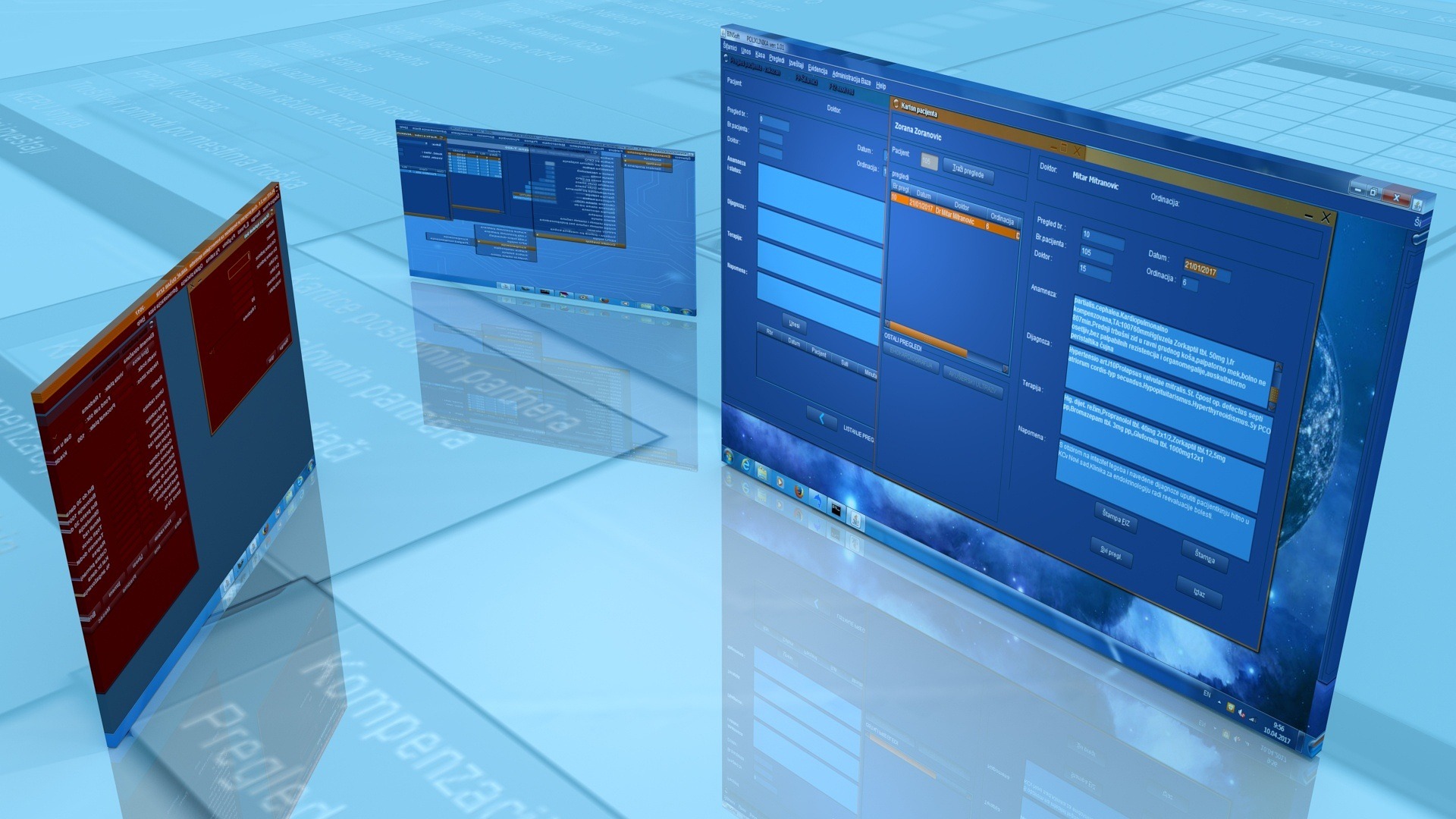Understanding HR Software: Features, Benefits, and Implementation Guide
Modern HR software has transformed how organizations manage recruitment, employee data, and workforce processes. These digital solutions streamline hiring workflows, automate administrative tasks, and provide data-driven insights for better decision-making. As businesses increasingly adopt digital transformation, understanding the key aspects of HR software becomes crucial for maintaining competitive advantage and operational efficiency.

Essential Features in HR Recruitment Software
HR recruitment software should include applicant tracking capabilities, resume parsing technology, and automated candidate screening tools. Interview scheduling functionality, communication templates, and integration with job boards are fundamental components. Modern systems also incorporate AI-powered candidate matching, social media recruitment tools, and mobile-friendly interfaces for both recruiters and candidates.
Benefits of Digital Recruitment Management
Digital recruitment systems significantly reduce time-to-hire by automating manual processes and enabling bulk actions. Organizations report improved candidate experience through consistent communication and transparent hiring processes. These systems also provide valuable analytics on recruitment metrics, helping organizations optimize their hiring strategies and reduce cost-per-hire through more efficient processes.
Implementation Considerations for HR Systems
Successful implementation requires careful planning and stakeholder involvement. Organizations must assess their current workflows, define clear objectives, and ensure proper data migration from existing systems. Training programs for staff, integration with other business tools, and establishing standard operating procedures are critical steps. Security protocols and compliance requirements need careful consideration during implementation.
Comparing HR Software Solutions
Different HR software solutions offer varying capabilities and specializations. Some focus exclusively on recruitment, while others provide comprehensive HR management features.
| Software Type | Primary Features | Best Suited For |
|---|---|---|
| ATS-focused | Candidate tracking, Job posting | Recruitment-specific needs |
| Full-suite HRMS | Recruitment, Payroll, Benefits | Enterprise organizations |
| SMB Solutions | Essential HR tools, Basic ATS | Small-medium businesses |
Cost Analysis of HR Software Options
HR software pricing typically follows subscription-based models with varying tiers based on features and user counts.
| Solution Type | Monthly Cost Range | Notable Features |
|---|---|---|
| Basic ATS | $50-200 | Core recruiting tools |
| Mid-tier HRMS | $200-500 | Recruitment + HR features |
| Enterprise Systems | $500+ | Full HR suite |
Prices, rates, or cost estimates mentioned in this article are based on the latest available information but may change over time. Independent research is advised before making financial decisions.
Digital HR solutions represent a significant investment in organizational efficiency. The right system can streamline recruitment processes, improve candidate experience, and provide valuable data insights for strategic decision-making. Organizations should carefully evaluate their specific needs, implementation capabilities, and budget constraints when selecting HR software.



